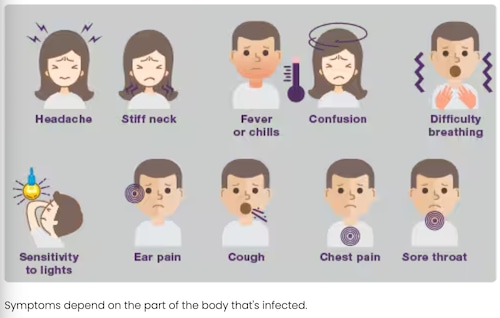For the first time, the Centers for Disease Control and Prevention is recommending adults as young as 50 get vaccinated against pneumococcal pneumonia.
The recommendation is a 15-year drop from the CDC’s former recommendation that people get the shot at 65.
“Pneumococcal disease is common in young children, but older adults are at greatest risk of serious illness and death,” the CDC said in a statement.
Pneumococcal vaccines help protect against serious infections including invasive diseases that attack parts of the body that are normally free from germs, like blood.
Read more: How one machine supercharged illicit drug manufacturing in Mass.
The vaccines also help protect against such illnesses as pneumonia and meningitis, sinusitis, and ear infections.
These vaccines are recommended for children younger than 5, people 50 years and older, and people who are at a higher risk of getting seriously ill from pneumococcal infections.
“Lowering the age for pneumococcal vaccination gives more adults the opportunity to protect themselves from pneumococcal disease at the age when risk of infection substantially increases,” the CDC said.
Pneumococcal bacteria spreads through direct contact with respiratory secretions like saliva or mucus.
Read more: Hidden in plain sight: Where pill presses have been uncovered in Mass.
Age, conditions and other factors can increase someone’s risk for disease with children younger than 5 and adults 65 years or older at an increased risk.

Symptoms of pneumococcal infection depend on which part of the body is infected.CDC
Symptoms of pneumococcal disease depend on which part of the body is infected and are usually similar to other bacterial infections in that part of the body.
Serious infections, such as a lung infection or pneumonia, include chest pains, cough, fever and chills, rapid breathing, or difficulty breathing.
Read more: Inside a DEA drug buy: Building a case against a ‘white whale’ trafficker
Symptoms of pneumococcal meningitis, an infection of the lining of the brain and spinal cord include confusion, fever, headache, sensitivity to light, and stiff neck. For babies, symptoms include poor eating, drinking, low alertness and vomiting.
